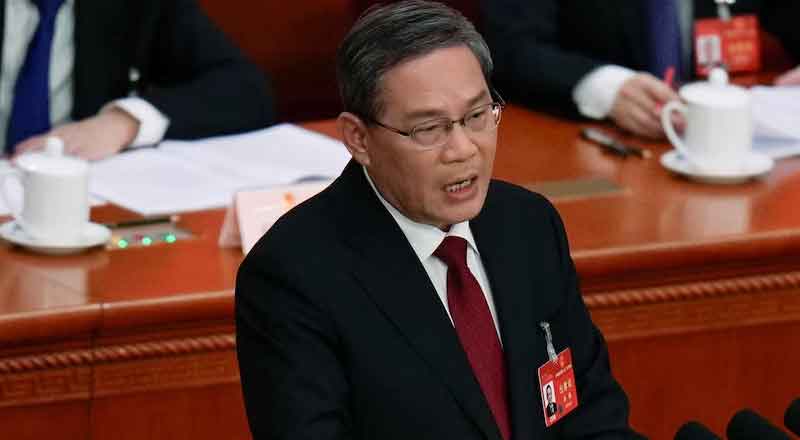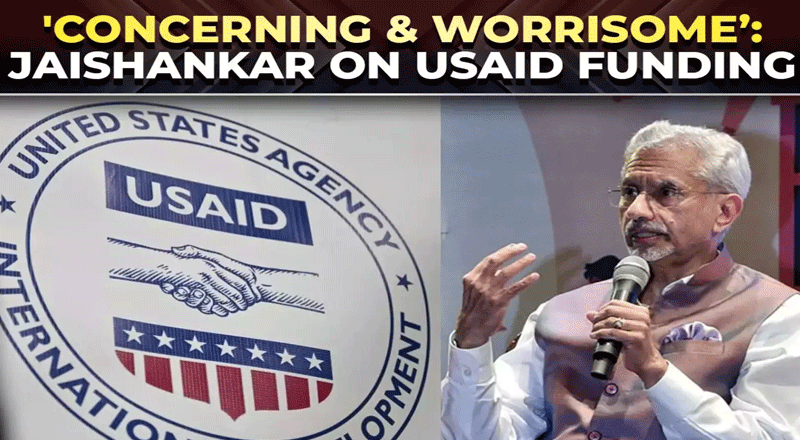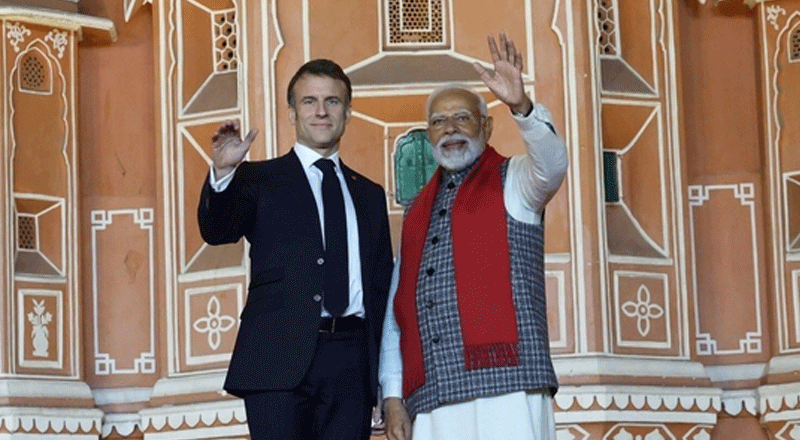- Amid escalating tensions over Taiwan and border disputes with India, China has announced a 7.2% increase in its defense budget, reaching a total of 1.67 trillion yuan ($231 billion) for 2024.
- The surge in defense spending outpaces China’s economic growth target of approximately 5%, reflecting a strategic emphasis on strengthening national security.
- China’s defense expenditure for 2024 marks the highest allocation in five years, coinciding with growing concerns over corruption undermining military reforms.
- Despite these internal challenges, China remains the world’s second-largest defense spender, trailing behind the United States.
- Against a backdrop of geopolitical tensions, China continues its military modernization efforts, focusing on advancements in high-tech weaponry.
- President Xi Jinping has set ambitious goals for the Chinese military, aiming for it to achieve “world-class” status by 2027.
- The recent dismissal of Defense Minister Li Shangfu, coupled with other high-profile personnel changes, underscores ongoing efforts to address corruption within the military establishment.
Amid escalating tensions over Taiwan and border disputes with India, China has announced a 7.2% increase in its defense budget, reaching a total of 1.67 trillion yuan ($231 billion) for 2024. This move signals Beijing’s intent to bolster its military capabilities amidst regional and international challenges.
The surge in defense spending outpaces China’s economic growth target of approximately 5%, reflecting a strategic emphasis on strengthening national security. Notably, this year’s budget hike closely mirrors the 7.1% increase allocated in the previous year, underlining China’s sustained investment in defense modernization.
The announcement of China’s defense budget was made during the opening session of the annual meeting of the country’s legislature, highlighting the significance attached to military development in national policy.
China’s defense expenditure for 2024 marks the highest allocation in five years, coinciding with growing concerns over corruption undermining military reforms. Despite these internal challenges, China remains the world’s second-largest defense spender, trailing behind the United States, which authorized a record $886 billion military budget for fiscal 2024.
Against a backdrop of geopolitical tensions, China continues its military modernization efforts, focusing on advancements in high-tech weaponry, including stealth fighters, aircraft carriers, and an expanding nuclear arsenal. President Xi Jinping has set ambitious goals for the Chinese military, aiming for it to achieve “world-class” status by 2027.
However, doubts persist regarding the efficacy of these objectives amid reports of corruption within the military ranks. The People’s Liberation Army Daily has pledged to continue the fight against graft, acknowledging the challenges posed by internal malfeasance.
The recent dismissal of Defense Minister Li Shangfu, coupled with other high-profile personnel changes, underscores ongoing efforts to address corruption within the military establishment. The lack of an official explanation for Shangfu’s removal and the absence of a successor raise questions about the stability and effectiveness of China’s defense leadership.
(With inputs from agencies)





